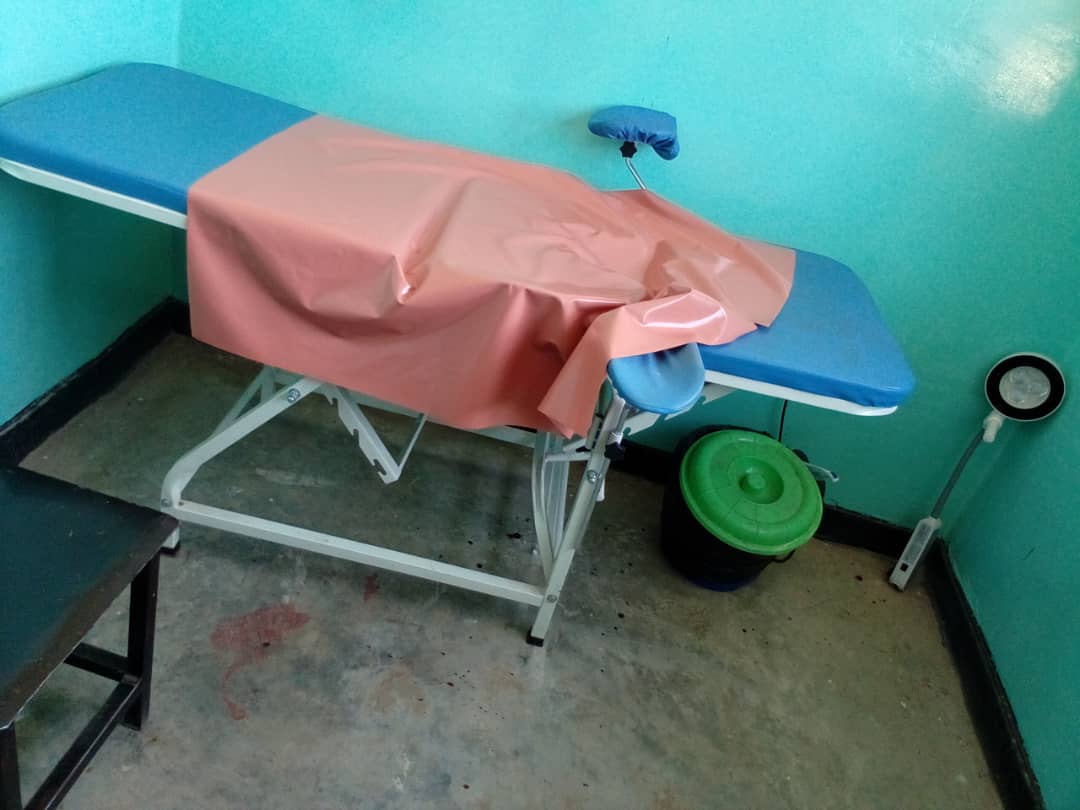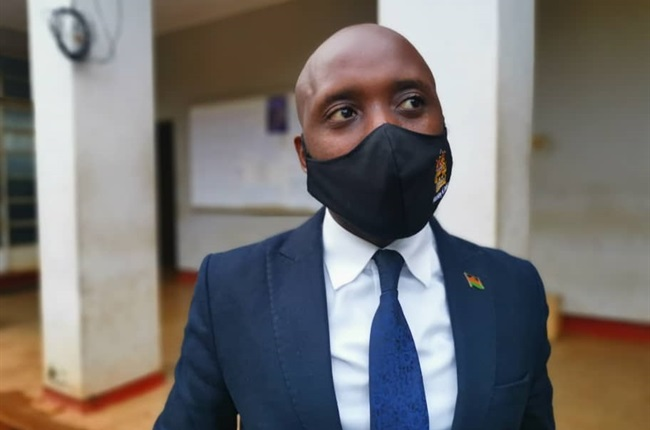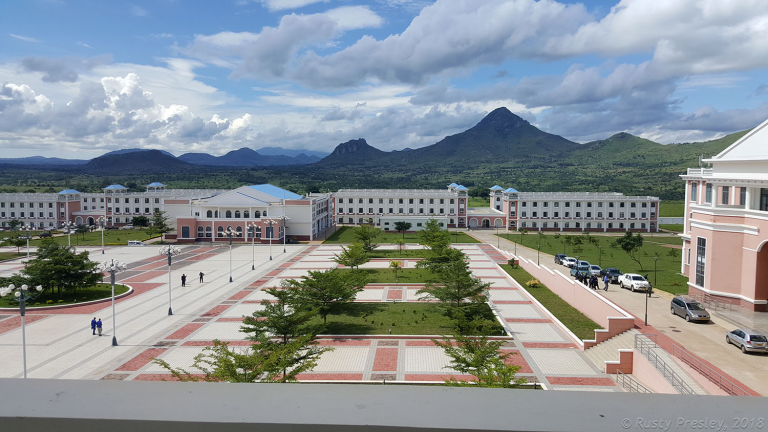Restrictive laws are not deterring women and girls from seeking abortions; instead, they are pushing them towards clandestine procedures and draining public resources.
On a cold morning in 2021, Chrissy, a 24-year-old domestic worker in Blantyre City, writhed in unbearable pain, initially dismissed as severe menstrual cramps.
Her agony intensified even after she took home remedies and over-the-counter painkillers.
As Chrissy’s pain and bleeding became uncontrollable, her employers rushed her to the hospital. There, clinicians discovered that she had clandestinely terminated a pregnancy, leaving behind remnants that were causing severe complications.
Despite medical evidence of an unsafe abortion, Chrissy adamantly maintained her claim that she had merely missed her periods.
This case serves as a poignant reminder of the urgent need for comprehensive reproductive health education, as well as increased access to contraception and safe abortion services.
Such measures are essential to prevent tragedies that overwhelm post-abortion care (PAC) providers within Malawi’s healthcare system.
Bloody Realities
Some healthcare workers told PIJ that they have provided post-abortion care (PAC) to girls as young as 13 and have witnessed preventable deaths because patients delay seeking medical care.
PAC providers are concerned that, due to limited access to sexual and reproductive health information and services, many girls and young women—like Chrissy—attempt to terminate pregnancies that are three to four months old.
“A majority of the women and girls who come for PAC have had unsafe abortions, but they usually refuse [to disclose details] if asked… Some are married, but most are schoolgirls who either come with friends or alone,” says a PAC provider, whose identity has been concealed to protect him from stigma and reprisals.
According to the caregiver, most patients arrive in a life-threatening state.
“Some come with decomposed placenta issues… We assist them as an emergency,” he notes.
“Another PAC provider at a district hospital recalls a shocking discovery: a cassava stick inside a woman’s uterus during a procedure to clean her womb.
“It was my first time seeing this. I knew about unsafe abortion practices but had never encountered this before,” he says.
“When I first met someone who delayed coming to the hospital, the uterus was badly damaged, and it produced a foul smell,’ he told PIJ.”
A PAC provider at a rural health centre reports handling about six post-abortion cases each month.
“They usually present with heavy bleeding and tend to hide the cause. If there are no particles, it’s difficult to trace the cause. We just manage them and refer patients with complications to the district hospital,” she says.
Recently, this skilled healthcare worker assisted a 40-year-old woman who had been bleeding for weeks due to an unsafe abortion.
“We conducted manual vacuum aspiration (MVA) to clean her womb, but we still referred her to the district hospital because she lost a lot of blood,” she explained.
The provider says she frequently receives requests for safe abortions, but health workers’ hands are tied by the country’s colonial laws, which only permit abortion to save a woman’s life.
“I once got three of such demands in six months,” she states. “There are likely more cases that go undocumented in health facilities.”
Although the Penal Code outlaws abortion on demand, the government incurs over a billion in costs treating complications from unsafe terminations.
PIJ has discovered that PAC equipment in health centres is sometimes not sterilized due to frequent shortages of Cidex, a disinfectant solution used to sterilize medical equipment.
Additionally, the procedure is often painful due to stockouts of Lidocaine, a common pain-relief medication used in post-abortion care.
“In the absence of Cidex, sterilization of PAC equipment is highly compromised as we resort to manually washing them with soap instead. This poses a health hazard, creating a fertile ground for infections, particularly because the uterus is very sensitive,” she explained.
Costly PAC
In 2011, a study by the Ministry of Health revealed that post-abortion care (PAC) is more expensive than providing safe abortion services.
Further research in 2017 by the US-based Guttmacher Institute and the University of Malawi’s College of Medicine, now renamed Kamuzu College of Health Sciences, highlighted that treating complications from unsafe abortions places a significant financial burden on Malawi’s national health system.
A 2009 study further supported these findings, estimating that a liberalized abortion law and access to safe abortion in public health facilities could reduce post-abortion care costs by 20–30 per cent.

Chris Kandionamaso, a health system adviser for IPAS Malawi, noted that providing post-abortion care is a substantial burden, costing the healthcare system four times more than safe abortion services.
“The saved amount would be used to increase resources for other critical reproductive and maternal health needs within the health sector,” he states.
The Ministry of Health acknowledges the high cost of managing abortion complications for both the health system and the community. They reference a 2015 study showing the costs of various procedures: Dilation and Curettage (D&C)—a procedure to remove residual tissue from the uterus—costs MK109,053 (about $63), Manual Vacuum Aspiration (MVA) costs MK84,819 ($49), simple post-abortion care (PAC) costs MK22,503 ($13), and treating severe complications costs MK221,568 ($128).
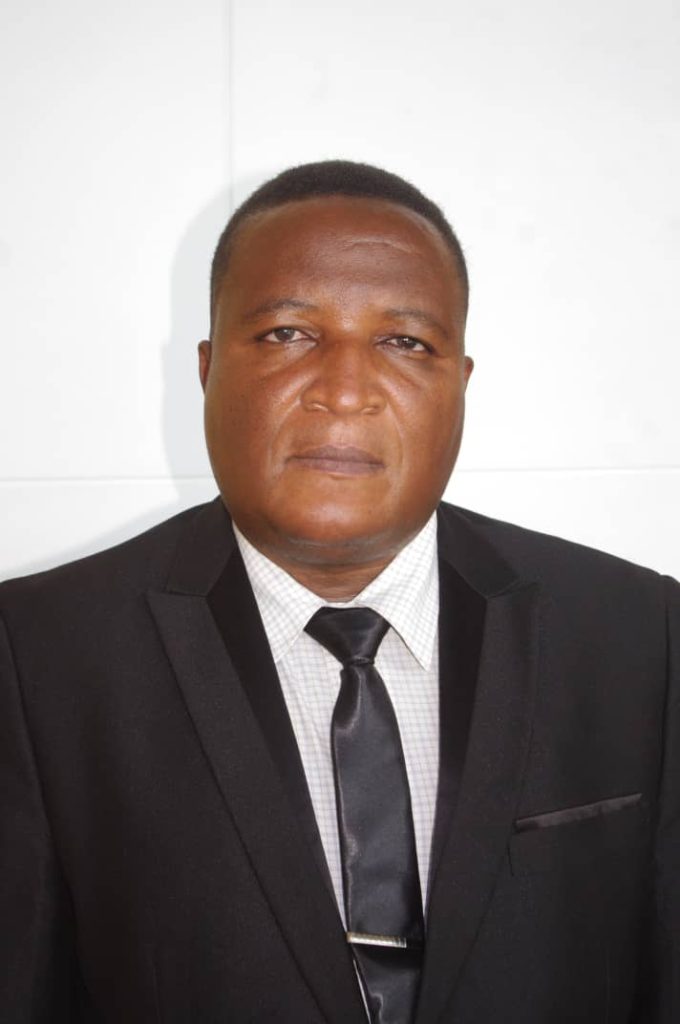
Adrian Chikumbe, the Ministry of Health’s Spokesperson, says health centres assist two to three clients weekly, while district hospitals handle an average of seven.
“Most clients who have complications from abortions are poor and reside in rural areas. They miss out on economic activities when they are sick or admitted until recovery,” he explains.
Chikumbe notes that delays in seeking medical services make the treatment of abortion complications difficult and costly. He bemoaned the shortage of equipment, medical supplies, and irregular funding, as well as the negative attitude of some health workers and communities towards women and girls with abortion complications.
Demands For Safe Abortion
Comprehensive abortion care data, sourced from specialized logbooks placed in health facilities nationwide, shows an increase in the demand for PAC services.
This may indicate a rise in backstreet abortions.
According to these logbooks, Malawi recorded 52,598 abortion cases in 2022, more than double the 25,929 cases registered in 2021. In 2020, the country detected 35,933 cases.
The highest burdens of unsafe abortion were observed in Lilongwe and Blantyre. In 2022, Lilongwe registered 7,851 cases, up from 4,711 in 2021, while Blantyre recorded 3,395 cases, up from 2,760 the previous year.
Other districts with high abortion cases include Mzimba, Zomba, Machinga, Mangochi, Dowa, Dedza, Chikwawa, Salima, and Thyolo.
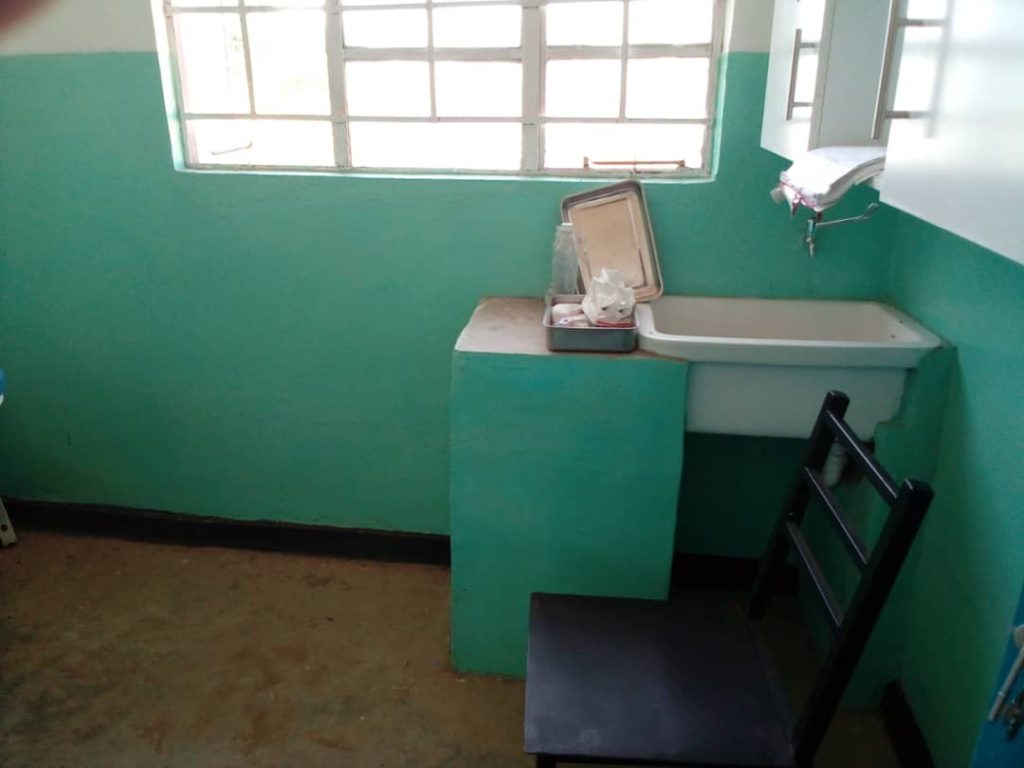
Hawa Shabir, a programmes officer for Go Fund a Girl Child, attributes the rising demand for post-abortion services to widespread advocacy.
“The increase doesn’t mean that women and girls are deliberately having unsafe abortions to access PAC. Unsafe abortion has always been a reality, but it’s only in recent years that we are openly discussing it,” observes the Mangochi-based youth rights activist.
Restrictive Laws
Malawi’s abortion laws are a holdover from British colonial rule.
Although the country gained independence in 1964, it still upholds several colonial-era laws, including sections 149-151 of the Penal Code, which prohibit attempts to procure an abortion except when the woman’s life is in danger.
Specifically, Section 149 states that anyone who attempts to cause a miscarriage through administering poison, using force, or any other means, whether the woman is pregnant or not, shall be guilty of a felony and liable to imprisonment for up to fourteen years.
Section 243 allows surgical operations only if they are necessary to save the life of the mother.
Section 150 of the Penal Code stipulates that anyone who unlawfully procures, administers, or aids in an abortion is liable to seven years in prison. Section 151 imposes a three-year jail sentence on anyone who supplies commodities for illicit abortion.
Despite these strict legal restrictions, unsafe abortion remains rampant across the nation. Research conducted by the Guttmacher Institute and the College of Medicine (CoM) reveals that more than 141,000 pregnancies were clandestinely terminated in Malawi in 2015 alone.
What’s At Stake
Malawi’s restrictive abortion laws contradict the 2013 Gender Equality Act, which guarantees every woman and girl access to comprehensive sexual and reproductive health services.
Chris Kandionamaso argues that these laws perpetuate discrimination against women by limiting their reproductive rights and autonomy.
He states, “Restrictive abortion laws lead to human rights violations, a high magnitude of unsafe abortions, increased maternal death rates, and elevated costs for treating complications arising from unsafe abortions.”
“There is unequal access to healthcare, which hinders women’s ability to make decisions about their own bodies, going against the principles of gender equality,” he says.
The IPAS official further observes that forcing women to carry unwanted pregnancies to term can perpetuate violence against women, especially in cases of unwanted or forced pregnancies.
“This can have severe physical, emotional, and psychological consequences for women, undermining their ability to live free from violence and coercion—a fundamental aspect of gender equality,” he adds.
Malawi’s Hypocrisy
Malawi ratified the Maputo Protocol to the African Charter on Human and Peoples’ Rights on the Rights of Women in Africa, which guarantees comprehensive sexual and reproductive health rights (SRH), including safe abortion.
Article 14 of the African Union protocol, signed in Mozambique’s capital, guarantees the right to seek safe abortion under circumstances such as pregnancies resulting from rape or incest or where continuation of the pregnancy endangers the woman’s mental or physical health or the life of the foetus.
As a state party to these continental standards, Malawi is obligated to permit abortion on the grounds listed; however, colonial-era laws and administrative barriers continue to impede women’s access to safe abortion services.
Meanwhile, the Ministry of Health identifies backstreet abortion as one of the top three killers of pregnant women, accounting for 18 in every 100 maternal deaths in the country.
Termination of Pregnancy Bill
In 2012, President Joyce Banda appointed a Special Law Commission to review the country’s abortion laws, following a request from the Ministry of Health aimed at reducing pregnancy-related deaths.
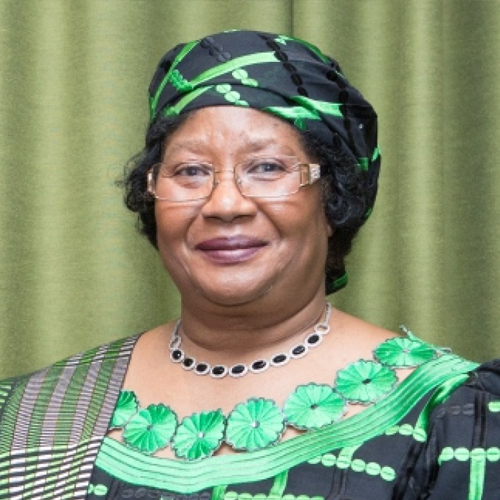
The commission, comprising doctors, lawyers, faith leaders, and chiefs, evaluated local evidence and policies in conjunction with international treaties.
They also visited several African countries for guidance.
After nationwide consultations and a thorough analysis of the situation, the commission in 2015 recommended expanding the grounds for legally permissible abortion.
If passed, the proposed Termination of Pregnancy (ToP) Bill will grant women the right to seek an abortion under three conditions: (1) if the pregnancy results from rape, defilement, or incest; (2) to preserve her physical and mental health; and (3) if the fetus is severely malformed.
- Proposed Termination of Pregnancy Bill Grounds:
- Termination of a pregnancy may be performed by a certified health service provider under the following conditions, provided he believes in good faith that:
- (a) The continued pregnancy will endanger the life of the pregnant woman;
- (b) The termination of the pregnancy is necessary to prevent injury to the physical or mental health of the pregnant woman;
- (c) There is a severe malformation of the fetus, which will affect its viability or compatibility with life;
- (d) The pregnancy results from rape, incest, or defilement, provided that the incident has been reported to the police and the pregnancy has not exceeded sixteen (16) weeks from the date of conception.
- Kandionamaso emphasizes that in cases of rape, incest, or defilement, the police report must be filed no more than four months after conception.
The Ministry of Justice and Constitutional Affairs recommended that the proposed abortion law be debated in Parliament. However, the government has not formally tabled it for discussion in the National Assembly.
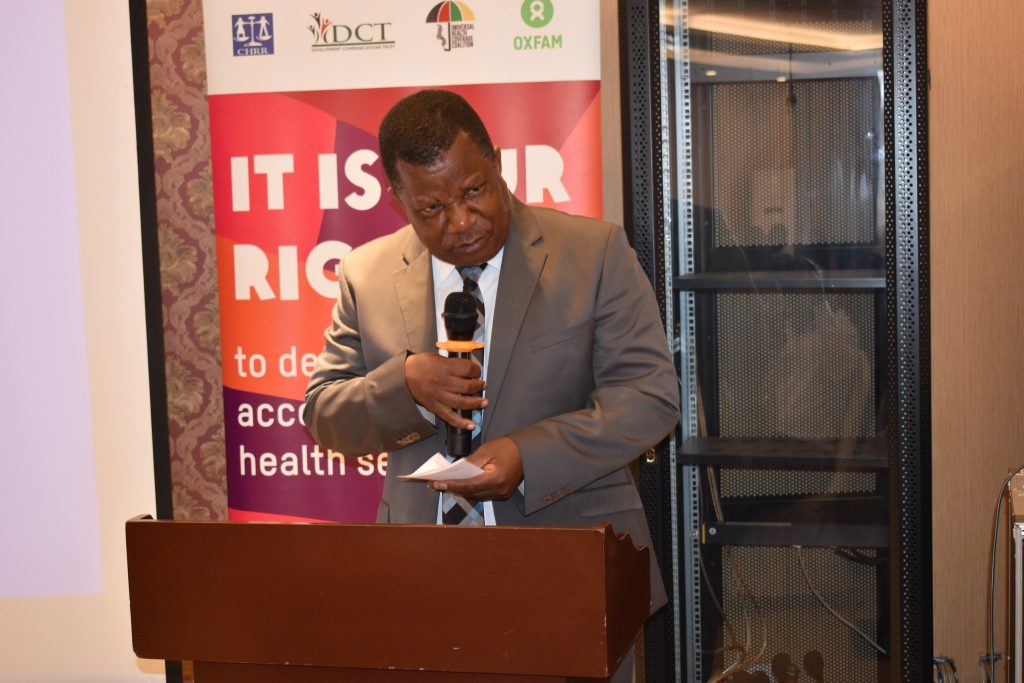
In March 2021, Chiradzulu East lawmaker Mathews Ngwale, who chairs the Health Committee of Parliament, volunteered to introduce it in the House as a private member’s bill.
Despite his efforts, parliamentarians rejected a motion to debate the bill, which aims to liberalize access to abortion.
The proposed law, drafted by the Malawi Law Commission, empowers the Minister of Health to set regulations and standards for facilities and personnel qualified to provide safe abortion services.
It specifies that only certified medical assistants, nurse-midwife technicians, registered nurses, midwives, clinicians, and medical doctors can perform abortions beyond three months.
The Bill allows health workers to refuse to perform abortions, except in cases where the woman’s life is in danger. It mandates counselling before and after abortion services, including family planning guidance.
Additionally, the TOP Bill stipulates requirements for obtaining consent for safe abortions. It grants parents and legal guardians the authority to approve or reject the procedure for minors unless the service provider determines that the proceeding is in the child’s best interest.
Shabir supports the proposed grounds for safe abortion, particularly for safeguarding rape and incest victims.
She explains, “Advocating for more grounds to be added to the current pregnancy termination options doesn’t mean health facilities will terminate every unwanted pregnancy. It’s necessary to extend these grounds. If a girl or woman has been raped, their psychological well-being is compromised due to trauma. Their mental health is just as important. Similarly, with incest, if a pregnancy results from incest, the biological makeup of the child is compromised.”
The proposal to expand the grounds for safe abortion is facing opposition from some religious and social groups.
Despite this, it remains unclear when lawmakers will discuss the proposed legal reforms.

